For anyone looking for a stimulating read this summer, one that bestows a certain sense of rationality on our otherwise bewilderingly messy world, and clarifies the ideas that animate some of the world’s best minds, well, you’re in for a real treat. And, for the easily distracted, this is a book that lends itself to being ‘dipped into’ rather than being downed all at once.
The exceptional home-grown polymath Paul Monk has brought together a selection of his articles and essays published over the last 25 years – from the fall of communism in Europe to the global explosion of Islamic terror in the 21st century – and it is a rich mix, taking in all the major subjects of intellectual, political and moral consequence to have cast their shadow over our lives during those years. That said, his intellectual reach is global and reaches back over time.
Monk is a genuine stand-out, fiercely independent-minded, a poet, has a doctorate in history and politics, spent some years as a defence intelligence analyst, is a prolific contributor to a wide range of top publications and, with a business partner, he runs a successful company that assists corporate executives and senior civil servants to think critically. The business goes some way to ensure his independence.
These days he eschews the parochial correctness of both academe and government service and believes whole-heartedly in freedom of expression and thrives on the exhilaration of living in a free society.
The essays he has selected (117 in all) vary in length but have a common denominator – all are written in lucid prose and exhibit a deep knowledge and understanding of history, of Asian cultures and politics, international relations, military strategy, scientific developments, terrorism, the spying game, the bureaucratic maze, and much else besides. Above all, not only is he refreshingly honest (and sometimes quite merciless) in his assessments, he has two other notable attributes – judgement and perspective.
The structure of the book is unusual in that he has inserted pithy contemporary footnotes to his original essays, filling in the gaps on a specific subject, in many cases matter-of-factly revealing the prescience of his original assessment, or just bringing the earlier essay up to date with reference to later studies. It works well.
One of his more eloquent longish essays assesses the contributions of Solzhenitsyn and Koestler (and considers the former the greater); he is surprisingly generous in weighing up Daniel Ellsberg’s influence on the Vietnam War; reveals the historical holes in the Arab case against Israel; shows real affection for Mary McCarthy but is pretty unforgiving about what he believes was Whitlam’s blatant treachery (and dishonesty) over East Timor, accusations based chapter and verse on the archival record. All fascinating stuff, but again what lifts these essays is the disciplined judgement, the historical depth and, of course, the lucidity.
The longish preface, titled ‘What it means to be a public intellectual and how I became one’, is in essence a remarkably candid autobiographical story that says a great deal about how circumscribed Australian intellectual life has become. In it he also effectively lays out his credo and his ideas as they have evolved during his years as a researcher, an academic, a senior intelligence officer and a professional midwife of ‘clear thinking’.
He explores the meaning of freedom of expression and rather convincingly demonstrates, through concrete examples, that even in liberal democratic Australia it is quite easy to fall into the trap of tailoring the truth for the sake of one’s livelihood or just for convenience. Drawing on his own experience, something of a reverse Gramscian march through the institutions, he discovered that academic and government work can easily make genuine freedom of expression virtually impossible. He’s quite specific on this and ‘names names’ and institutions that he maintains, quite convincingly, crossed the line. ‘Opinion and Reflections is not,’ he writes, ‘a book about freedom of expression. It is a book which exhibits freedom of expression.’ He has no doubt that if he lived in Russia, China or in most of what used to be called ‘the developing world’, a term that too often mistakenly implies progress, he could not have written these essays:
‘I would not have been permitted to publish
across such a wide range of topics with the freedom I have enjoyed [if I had not been a] citizen of an Anglo-Saxon constitutional democracy. That liberty has not been easily won even in the Anglophone world; it is far from being universally established; and yet it is too easily taken for granted, or even dismissed as somehow unreal by those who benefit from it. I cherish it and live by it. ‘
I’m not sure Monk has an equal in contemporary Australia in his capacity to address serious issues through the mobilisation of such a wealth of learning, genuine understanding and, importantly, with so little humbug. The nearest comparison is probably the great Clive James, with whom he shares a similar sense of fun, one thinks particularly of James’ superb collection of essays, Cultural Amnesia. There are the essay collections of the greatly missed Pierre Ryckmans (The Angel and the Octopus and The Hall of Uselessness), so thoughtful and so elegantly written, with whom Monk had so much in common. And, like the late Tony Judt, the Anglo-American whose historical essays were long considered so controversial, Monk has had to live with the prospect of imminent death. In the acknowledgements he thanks his specialists at Peter Mac for keeping him from being ‘overwhelmed by what I call my “inner ISIL”’, a reference to the metastatic melanoma he was diagnosed with in the winter of 2013 that so far has been kept at bay.He likens his fight against cancer as akin to fighting a counterinsurgency war (the subject of his PhD thesis). Happily, his prognosis is increasingly positive.
Over the years Paul Monk has always struck me as someone who took Matthew Arnold’s definition of a critic to heart at an early age: someone who makes ‘a disinterested endeavour to learn and propagate the best that is known and thought in the world’. Now that he is going to survive, he hopes to produce a few more books, assuming he can keep ‘the terrorists’ bottled up. As Clive might well put it, now he’ll just have to cop his full life sentence
Got something to add? Join the discussion and comment below.
Get 10 issues for just $10
Subscribe to The Spectator Australia today for the next 10 magazine issues, plus full online access, for just $10.
Barrallier Books specialise in ‘deluxe hard copy’ books using traditional printing technology. Most handsomely designed, the book, either hardcopy or e-book, can be purchased online: www.echobooks.com.au/opinions_and_reflections
You might disagree with half of it, but you’ll enjoy reading all of it. Try your first month for free, then just $2 a week for the remainder of your first year.

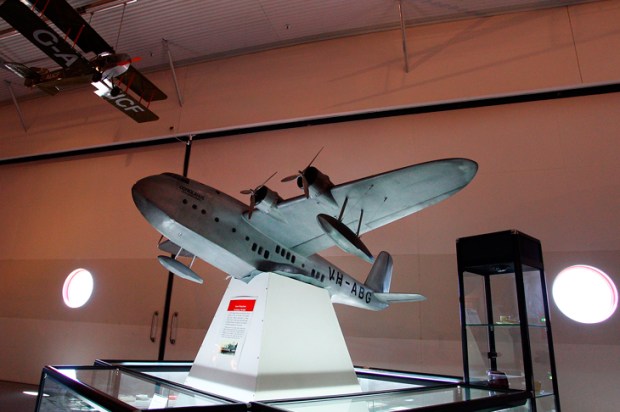

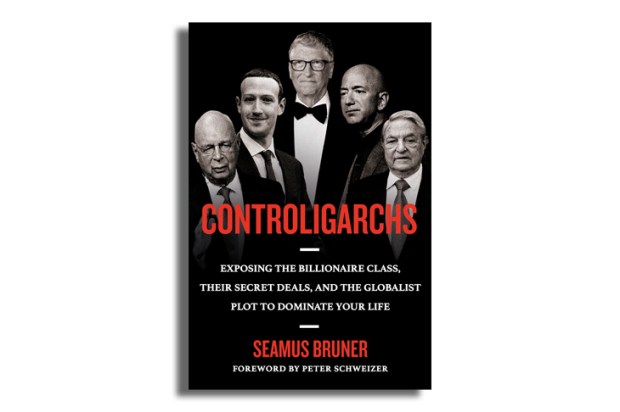
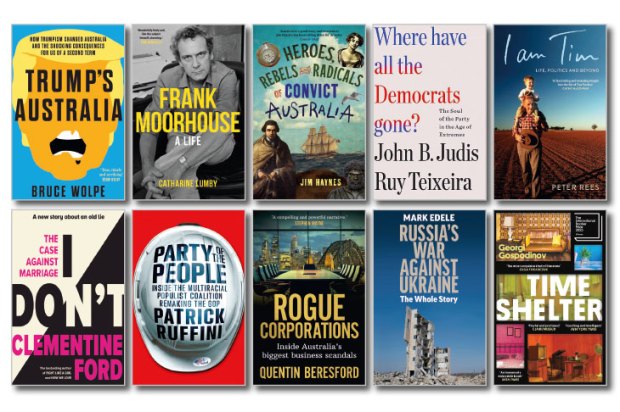
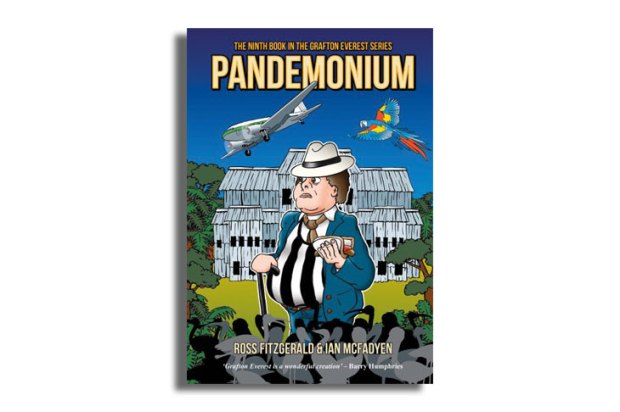
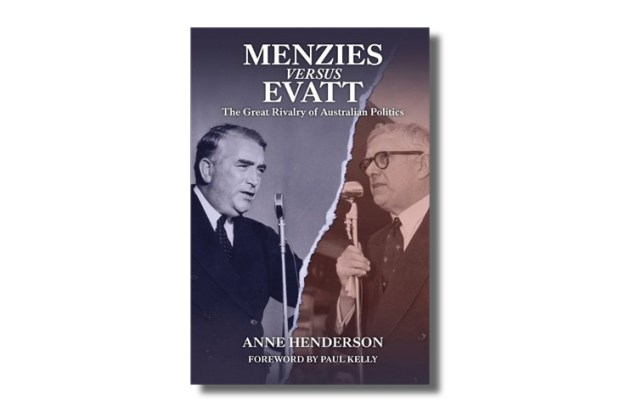






Comments
Don't miss out
Join the conversation with other Spectator Australia readers. Subscribe to leave a comment.
SUBSCRIBEAlready a subscriber? Log in